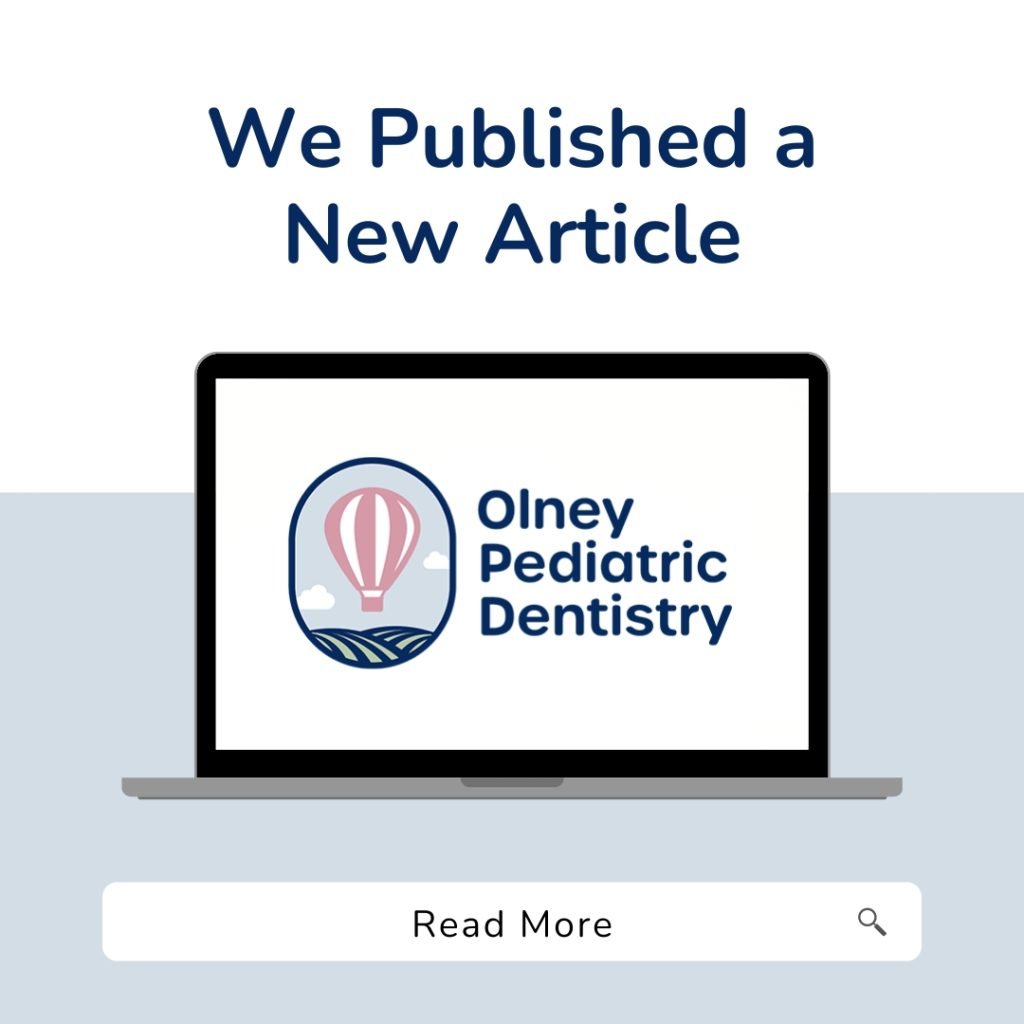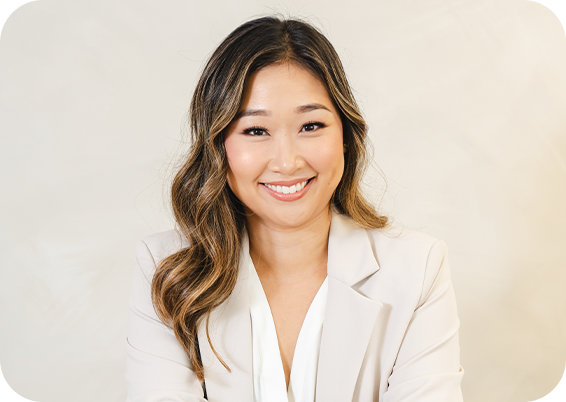
Pacifiers can be a great comfort for babies, helping to calm fussy infants and providing comfort during naps or bedtime. However, as your child grows, the use of a pacifier can have an impact on their dental health. At Olney Pediatric Dentistry, we understand how important it is to monitor the effects pacifiers can have on your child’s developing smile. Here’s what you need to know about pacifiers and teeth development.
Negative Effects of Pacifiers on Dental Health
While pacifiers may provide comfort, extended use can affect the development of your child’s teeth and mouth. During the early years of life, the alignment of your child’s teeth and jaw is critical, and improper pacifier use can lead to:
- Crooked teeth: Prolonged pacifier use can push the front teeth forward, causing them to become misaligned.
- Bite issues: Your child may develop an abnormal bite where the teeth don’t meet when the mouth is closed.
- Changes in the shape of the mouth: Overuse of pacifiers can alter the shape of the roof of the mouth, which may contribute to further dental problems.
These issues can result in the need for orthodontic treatment later on. As your Olney pediatric dentist, we recommend monitoring pacifier use to avoid these potential complications.
Positive Aspects of Pacifiers
Despite their potential drawbacks, pacifiers do offer some benefits:
- Reduced risk of SIDS: According to the American Academy of Pediatrics (AAP), offering a pacifier during naps or bedtime may lower the risk of sudden infant death syndrome (SIDS) in babies under one year of age.
- Soothing effect: Pacifiers can help babies self-soothe and ease discomfort during teething or stressful moments.
While pacifiers have their place, it’s important to be aware of when they may begin to impact your child’s oral development.
Tips for Weaning Your Child Off a Pacifier
Breaking the pacifier habit can be challenging, but with the right strategies, you can help your child transition smoothly. Here are some tips:
- Gradual weaning: Slowly reduce the amount of time your child uses the pacifier each day, especially as they get older.
- Offer comfort alternatives: Provide other comfort objects like soft toys or blankets to help your child feel secure without relying on the pacifier.
- Positive reinforcement: Celebrate small successes and provide praise as your child begins to let go of the pacifier habit.
Visit Our Olney Pediatric Dentist
If you’re concerned about the impact pacifiers are having on your child’s teeth or need advice on how to wean them off, our team at Olney Pediatric Dentistry is here to help. We recommend scheduling a visit as soon as your child’s first tooth appears to monitor their dental development. Contact us today to schedule your child’s next appointment!





